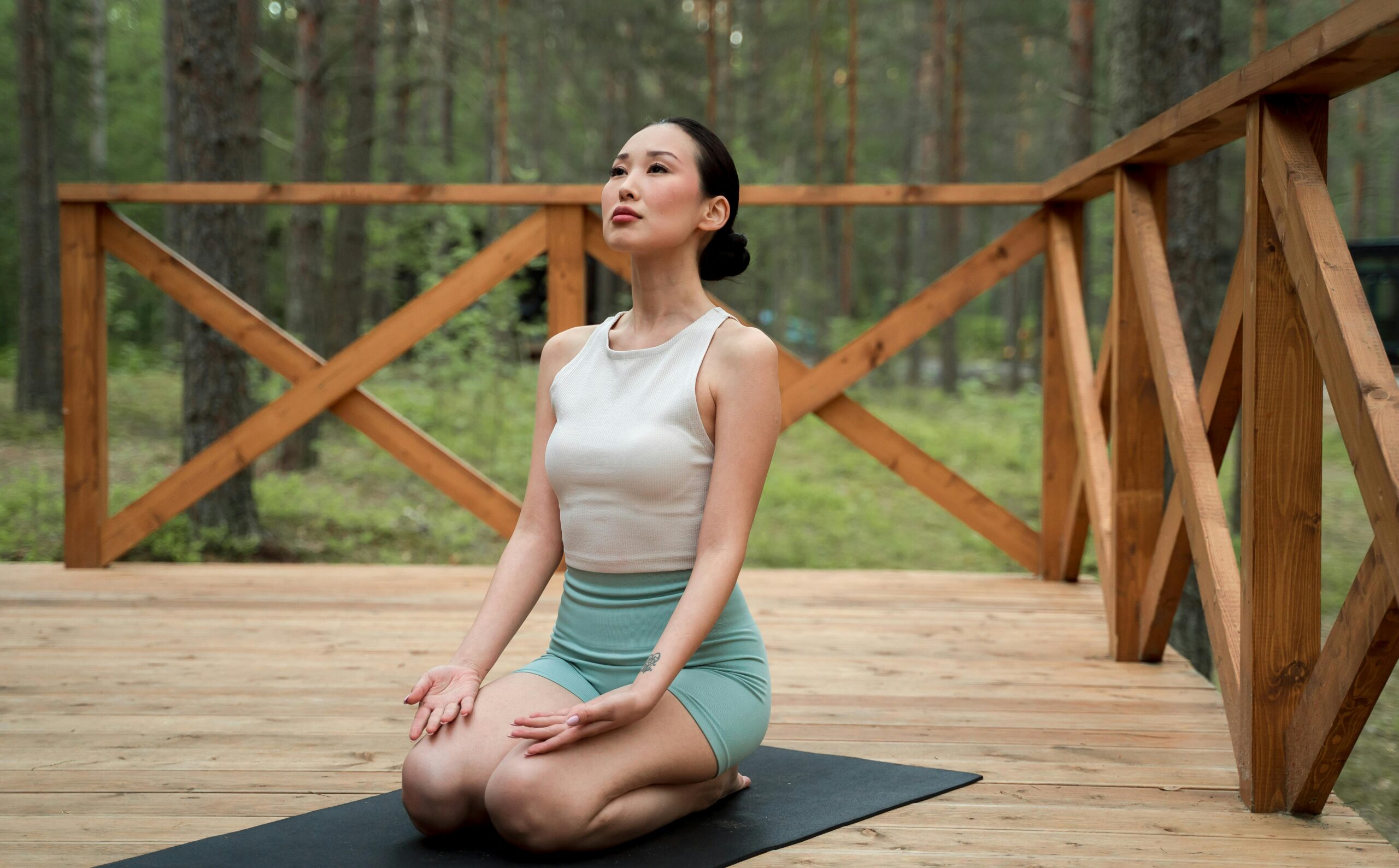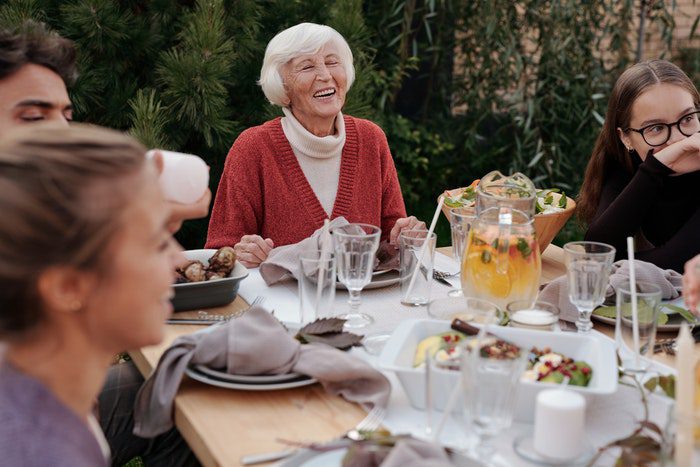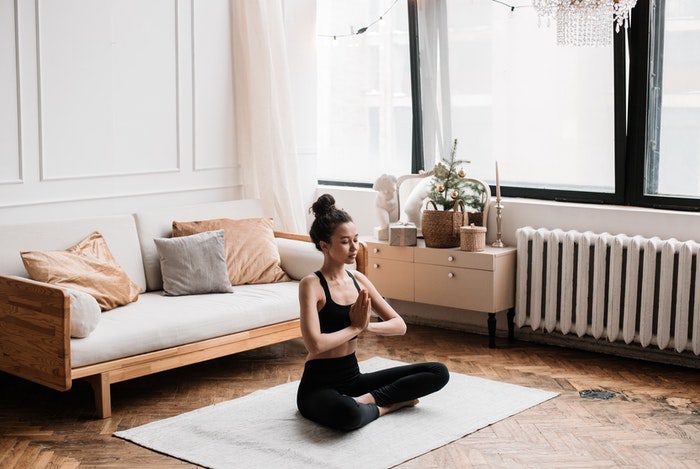“The root of suffering is attachment.”
– the Buddha
The older I get, the more I realize that detachment is the key to inner peace. Being detached simply means that you aren’t attached to the idea that life has to be a certain way. Instead, you accept life as it is. And you don’t become frustrated when things don’t go according to your plans.
The reality is that so many things in this life are outside of our control. For instance, you can’t control the outcomes of most situations. Nor can you control how the people around you behave. And you certainly can’t control whether other people like or appreciate you. So, given our lack of control over nearly everything in life, the key to inner peace and contentment truly is detachment.
I will concede that detachment is one of the most difficult things in life to achieve. It’s very hard to accept that so much of what happens in life is outside of our control. It’s also hard to stop trying to control everyone around us, and everything that happens in our lives. But our futile efforts to control life and other people make us miserable.
The fact of the matter is that sometimes life will go your way. And sometimes it just won’t. And if you’re highly attached to any outcome, you’ll end up being frustrated and disappointed, at times.
So, the only way to be content all the time is to be detached. Below are ways that you can develop a detachment practice and truly achieve inner peace.
First, Identify Your Attachments
Identifying our attachments is the first step toward cultivating detachment. Admittedly, identifying our attachments isn’t an easy process. It takes a great deal of self-honesty.
Realize that we can become attached to all kinds of things. For instance, over the years, I’ve known folks who were very attached to having a great public image. I’ve known others who were attached to being liked by those around them. Some have been attached to being viewed as professionally successful. And still others have been attached to their stuff. In our society, we even have some people who are attached to having everyone share their political or religious beliefs.
The key to having inner peace is to be honest with yourself about what your attachments are – and then figure out how to let them go. Because otherwise your attachments will control you. Every time your attachments are threatened, you’ll become upset. For no good reason.
So, take some time to reflect on the areas in your life where you feel most attached—whether it’s to people, possessions, outcomes, or ideas. Because awareness is your first step toward detachment.
Accept Your Lack of Control
There are so many things in this life that we cannot control. We cannot control other people. Nor can we control the weather, the economy, or society generally. And sadly, our influence over the world around us is limited.
For example, I’m a big believer in kindness. It’s the guiding force in my life. In fact, if you were to ask me what my religion is, I would say, “Kindness.” And for a long time, I believed that if I simply was kind to others, they would respond with kindness in return.
Unfortunately, that’s not how the world works. I can be as kind as possible to other people, and they still may respond in a negative, difficult or hostile manner. That’s because you can’t control people with kindness. If folks are predisposed to be unpleasant, they’ll be unpleasant!
So, the key to my own inner peace is to practice kindness. And then I let go of what I would like the outcome to be. Now, do I think that it would be nice if we lived in a world in which my kindness inspired others to be equally kind? Of course! But I’ve learned that I can’t control the results of what I put out in the world.
The key then to inner peace is to accept what you cannot control: The world and everyone in it. And then you have to choose kindness, compassion, a strong work ethic, etc. simply because you want to be a good person – regardless of the outcome.
Learn to Detach from How You Think Life “Should Be”
Developing a detachment practice is difficult. There’s no way to sugarcoat that fact. After all, we all want life to go our way. We want our hard work to pay off. We want other people to treat us with kindness and respect. And want everyone in the world to behave properly. All of that seems pretty reasonable, doesn’t it?
However, the world just doesn’t work that way. And to let go of your attachments you have to practice letting go of your need for life to be a certain way.
For example, I know people who had less than perfect upbringings. I myself had an upbringing that was at times quite stressful. And it’s easy to get hung up on wishing that one’s childhood had been far different.
But letting go of your attachments means letting go of your attachment to what should have been. For instance, my upbringing was what it was. Highly imperfect. But if I want inner peace (which I do!), then I have to let go of feeling like life is unfair because my upbringing wasn’t what it should have been. Instead, I just have to accept it for what it was.
When we practice detachment, we accept things just as they are (or were). And we accept that at times, life is unfair. In fact, the reality is that for many people and animals in the world, life is profoundly unfair. And at times, scary and violent. That’s the world that we live in.
So, detachment means letting go of all the ideas that we are attached to. What should have been. How folks should act. Etc.
Once we let go of our attachments, then they don’t control us. We aren’t happy or sad because things haven’t always gone our way. Instead, we accept the bad things as part of life, and we appreciate all the ways in which we are blessed.
Develop Self-Awareness
The main way to cultivate detachment is to be aware of when you are having feelings of attachment. And then you have to nip those feelings in the bud.
For instance, let’s say that you have a wonderful evening planned. It’s your birthday. So, you’re hoping to have a wonderful evening out on the town. And you’re attached to that outcome for the evening.
But what if things don’t go according to plan? What if it turns out to be a crummy evening? At a certain point, feelings of disappointment are going to creep in. And that’s when you have to catch yourself. You then have an opportunity to practice detachment.
At that point, you have to choose to let go of your attachment to your desired outcome: A lovely celebration of your birthday. Instead, you have to say to yourself, “Well, that didn’t work out. These things happen. I’ll celebrate myself in another way tomorrow.” Or something like that.
The idea is that when you stop feeling attached to a certain outcome – a terrific birthday celebration – you have inner peace! That one thing didn’t work out, but you’re still at peace with yourself. You like the person that you are, and you feel good about your place in the world. The crappy birthday celebration is neither here nor there. It’s unfortunate, but it isn’t meaningful.
So, the next time that you are feeling attachment to a certain outcome, idea, person, or thing, stop! Recognize that feeling of attachment, and choose to detach and enjoy that wonderful feeling of inner peace.
Set Your Emotional Boundaries with Others
One of the most important ways to cultivate inner peace is to set your boundaries with other people. When we become overly attached to other people, and when we are overly concerned with what they are doing or saying, that’s a recipe for frustration. That attachment leads us to become upset when other folks don’t do or say exactly what we would like. A detachment practice prevents that kind of frustration.
For example, I spent many years feeling sensitive about what other people said. If someone said something rude or unkind, I was very upset! That’s because I failed to have a healthy level of detachment from other people.
It’s critical in life to not care about the unpleasant things that other people do or say. After all, you don’t have any control over other people. So, if you let their bad behavior upset you, you’ll end up being miserable. Instead, to have inner peace, it’s critical to detach from others.
As a result, at this point in my life, if someone around me behaves in a rude or difficult manner, I observe them in a detached manner. I don’t consider their behavior to be something that concerns me. Their behavior is their problem!
So, if you want to achieve inner peace, establish healthy boundaries with others. Protect yourself from becoming overly attached to others and their behavior. Solid boundaries will enable you to maintain your peace of mind while still engaging with others.
Consider using the above approaches to develop a detachment practice. Remember that developing detachment is a lifelong ongoing journey. Be patient with yourself as you navigate that process. And know that detachment ultimately will be your key to achieving inner peace.








